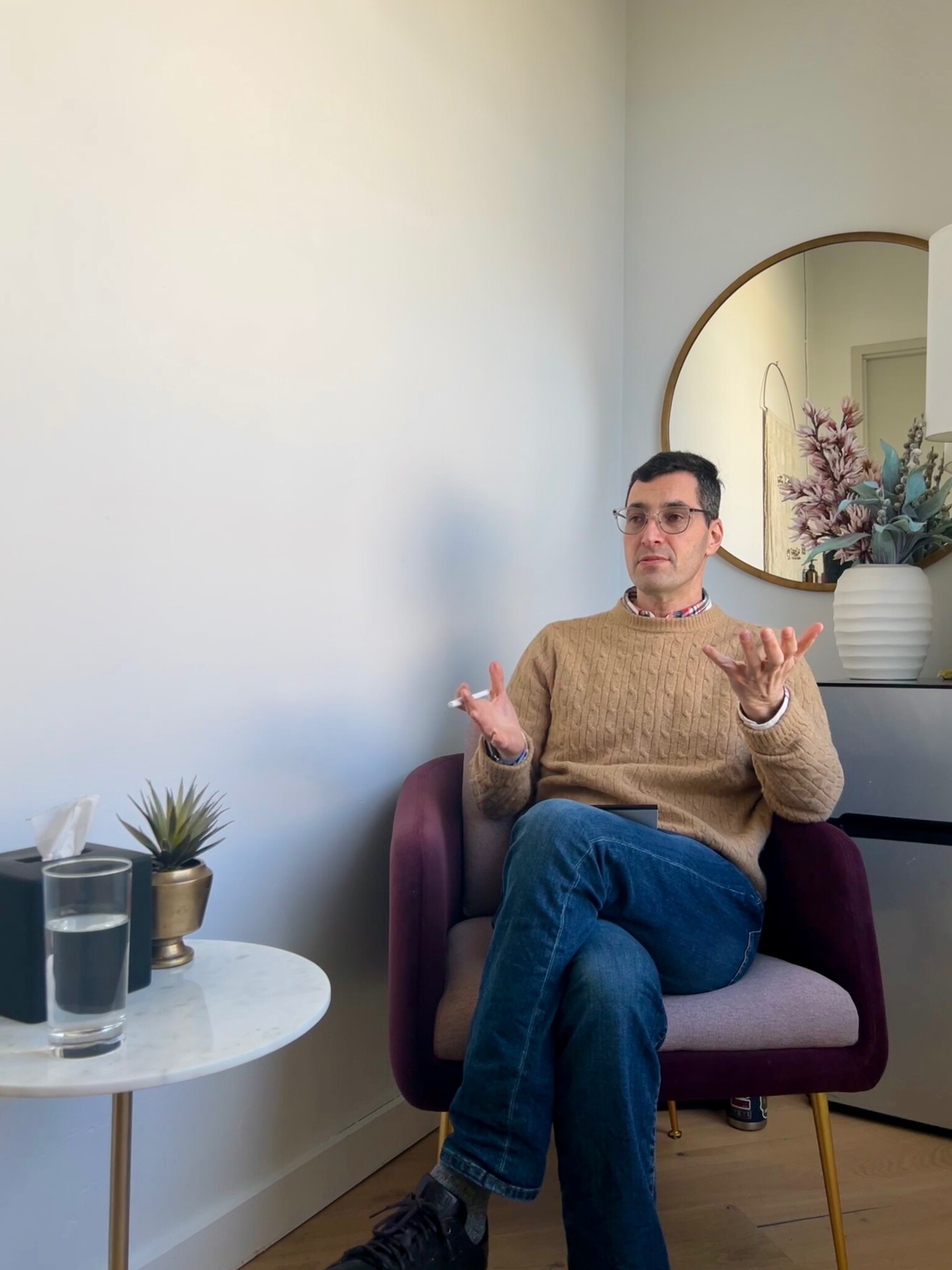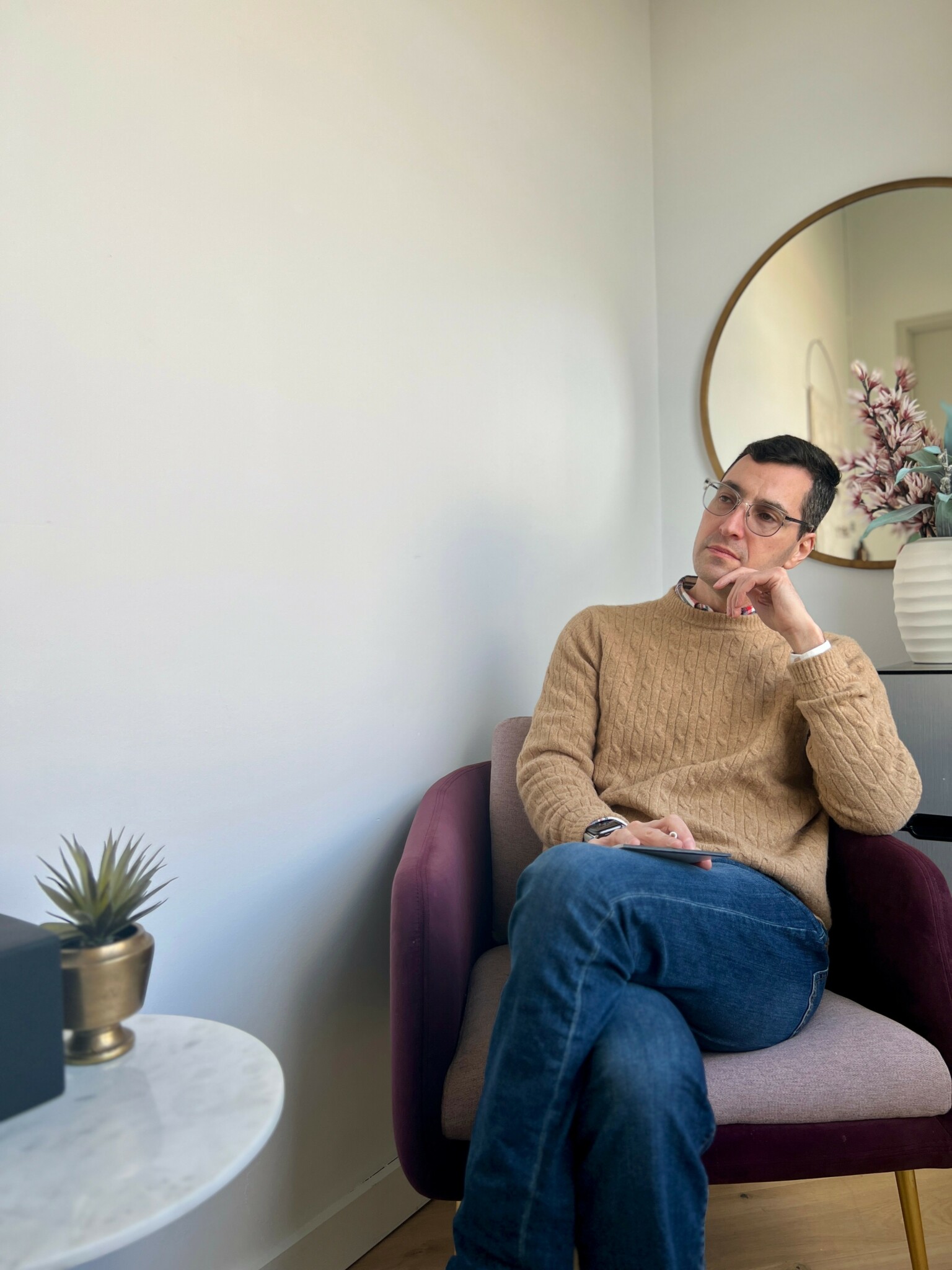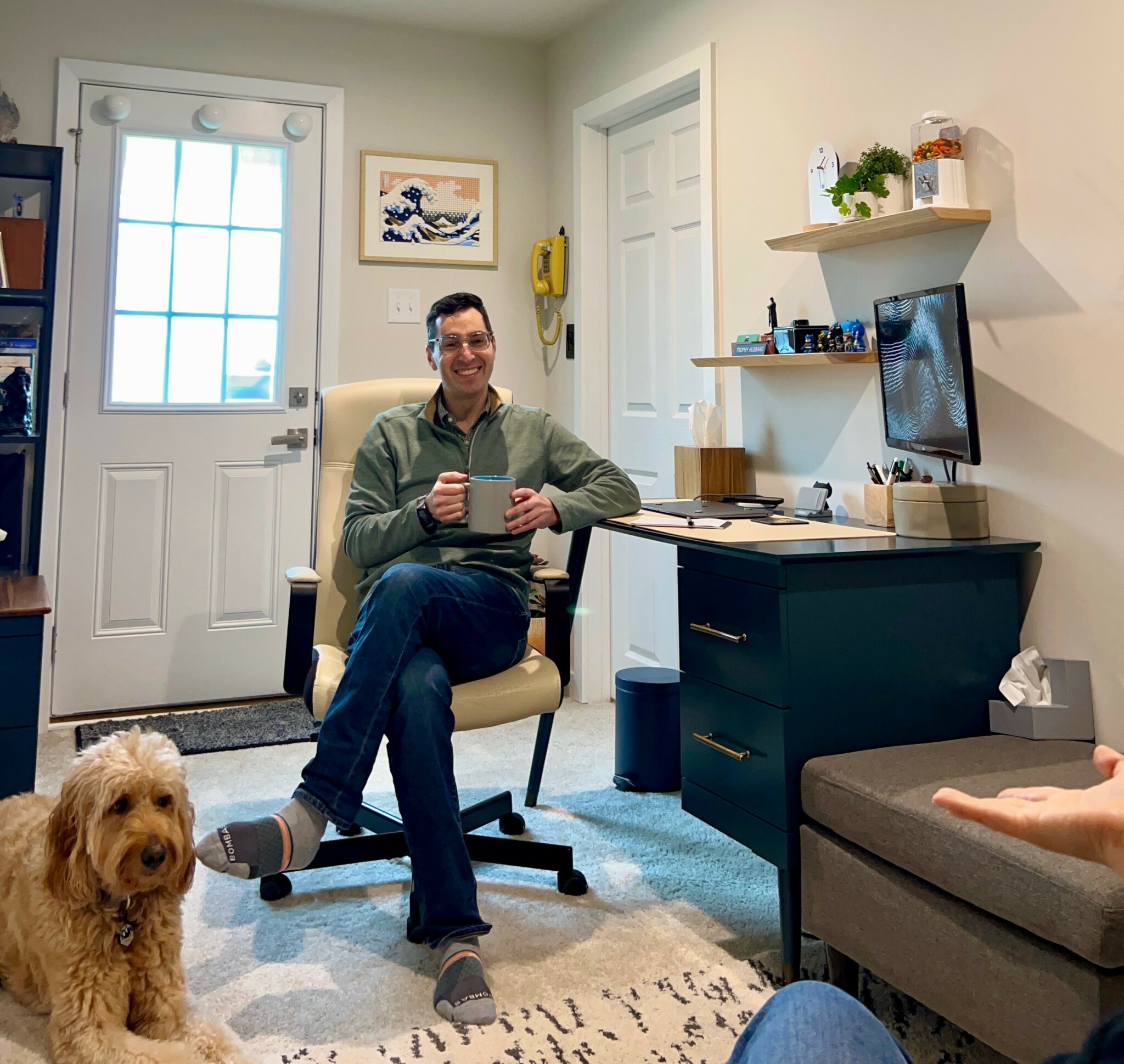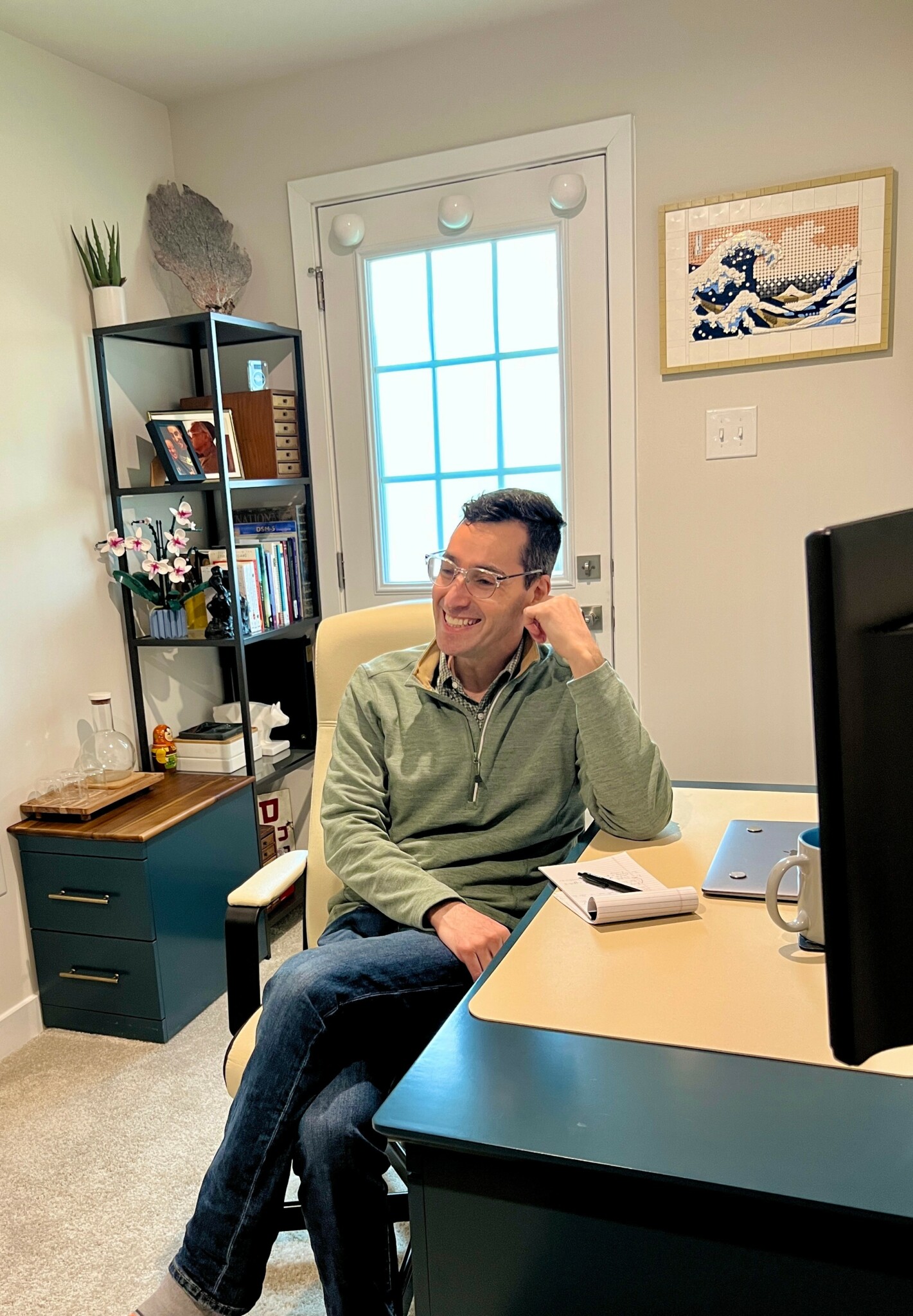We were lucky to catch up with Eli Lipsky recently and have shared our conversation below.
Eli, appreciate you joining us today. Was there a moment in your career that meaningfully altered your trajectory? If so, we’d love to hear the backstory.
Like many, the defining moment in my career came in 2020 during the pandemic. Previously, I had been an entrepreneur in the architecture and construction sector, leading a small team. I loved running a small business and enjoyed both the challenges and opportunities of being an owner/operator. In 2017, I was given the opportunity to pivot to the corporate world, using my strengths in leadership, team dynamics, and process improvement to manage a large team spanning several continents and cultures. While I missed the autonomy of self-employment, I was excited and energized by this new role.
When the pandemic hit, the rapport and trust I had built with my team allowed me to go beyond a typical leadership role. I became a sounding board, helping people navigate both professional and personal challenges. This experience highlighted a key realization: what made me an effective leader was my consistent focus on the human element—understanding the “why” behind people’s actions and decisions, rather than simply judging them based on performance metrics and deliverables.
That insight became the turning point for me. It reinforced my desire to focus on helping people become their best selves, which ultimately led to my decision to transition into therapy. Having never lost my entrepreneurial mindset, I now run my own practice, which gives me the flexibility to work with clients I believe in and dedicate time to supporting underserved communities who struggle with access to mental health services. This decision gave me the opportunity to do the most good every day, and I feel the greatest reward from focusing exclusively on helping people become their best selves.

Eli, love having you share your insights with us. Before we ask you more questions, maybe you can take a moment to introduce yourself to our readers who might have missed our earlier conversations?
I work with individuals, couples, and families experiencing difficulties in their lives. My approach to treatment is based on the Narrative model, whose core guiding principle is that we are a collection of the stories we tell about ourselves, so if you change the story, you change the belief. I also draw on a wide variety of behavioral, cognitive, and psychodynamic therapies, such as Acceptance and Commitment Therapy (ACT), Gottman, and others, as well as evidence-based interventions designed to create a safe, non-judgmental, and positive therapeutic experience.
I believe in meeting the clients where they are and then guiding them to where they want to be through the use of psychoeducation, collaborative discussion, humor, and a strong focus on kindness. One of the main tools I employ is offering challenges to clients. I say “offering challenges” because I will always ask permission before pushing against a client’s existing story. These challenges often highlight where the client may be holding a story that is no longer serving them, and empowers them to see the negative effects of that story.
This approach encourages the client to write their own story through introspection, interpretation, reflection, and growth.

We often hear about learning lessons – but just as important is unlearning lessons. Have you ever had to unlearn a lesson?
I love this question since it speaks so directly to the idea that if we change the stories we tell about ourselves, there can be a direct positive impact to our lives!
When I first set out to become a therapist, I believed I was well-suited to the job because I was an excellent problem solver. After spending over 2 decades focused on management, team building, leadership development, and project implementation I knew I was someone who could recognize the challenge and quickly find a solution.
I very quickly discovered that therapy isn’t about assessing a problem and providing a solution; it’s about working with the clients so that they can develop the tools to assess WHY something is a problem, and then develop their own solutions.
I admit that even now, this is still one of the biggest struggles I face as a therapist; Maintaining my role as a guide, not a leader.

Any advice for growing your clientele? What’s been most effective for you?
I ask every potential client how they came to hear of me.
Some say Psychology Today and others have found me through Google, but the most gratifying are those who come at the recommendation of a past or existing client. Therapy and mental health services pose an interesting problem when it comes to growing a business. Due to client confidentiality, I can’t solicit clients to write a review online or have them post a testimonial on Psychology Today. Since people tend to feel very protective of their privacy, and due to some stigma that still exists around the topic of mental health counseling, even people who might ordinarily share a word-of-mouth referral for a plumber or cardiologist might not be as comfortable sharing a recommendation for a therapist, so it means so much when someone believes in me enough to put themselves in that vulnerable position.
I’ve also found that outreach to community leaders and organizational collaborations are great ways to increase visibility. I reached out to Clergy in my practice area, I have ads in local publications and on community bulletin boards, and my partnership with the Bond Collective in Center City gives me exposure and keeps me front-of-mind for those who might be thinking of starting or restarting their therapy journey.
Contact Info:
- Website: https://www.mytherapy.works/
- Instagram: @phltherapy
- Linkedin: https://www.linkedin.com/company/greater-philadelphia-therapy/





